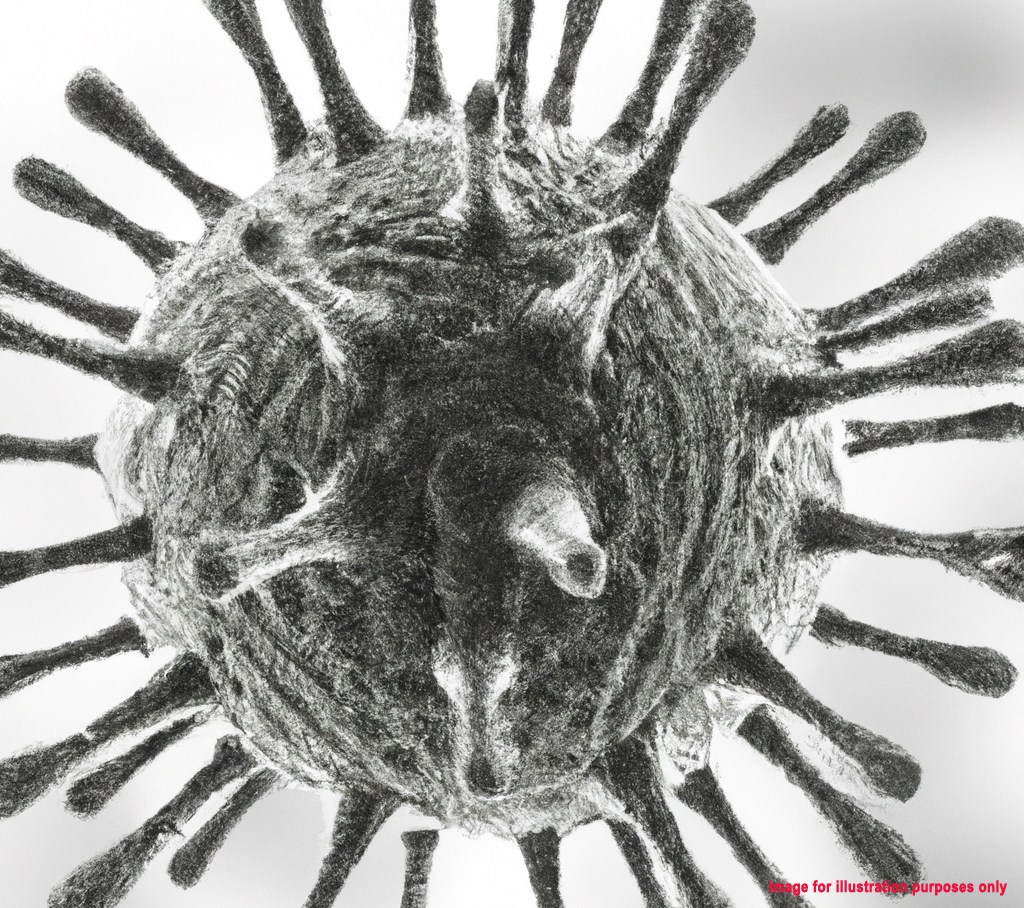Dengue

Dengue is spread through the bite of an Aedes mosquito carrying any of the
four dengue viruses. It predominantly occurs in tropical and subtropical
regions worldwide. Symptoms typically manifest between 3 to 14 days
post-bite and affect infants, children, and adults.
Symptoms vary from mild to severe, including fever, severe headaches, eye
pain, muscle and joint pain, and rash. There are no specific antiviral
treatments for dengue, so hydration is crucial. Avoid using aspirin or
ibuprofen.
Most people infected with dengue are either asymptomatic (80%) or experience
mild symptoms like a simple fever. However, a small percentage may face
severe, life-threatening illness. The incubation period ranges from 3 to 14
days, with symptoms usually appearing within 4 to 7 days after exposure.
Children may exhibit symptoms resembling a common cold or gastroenteritis
but are more prone to severe complications. Dengue hemorrhagic fever,
primarily affecting children, is a dangerous complication marked by fever,
abdominal pain, vomiting, and bleeding. Timely clinical diagnosis and
management improve survival rates.
In some cases, dengue progresses to a critical phase after the fever
subsides, characterized by fluid accumulation in the chest and abdomen,
leading to organ dysfunction and severe bleeding. Shock and hemorrhage occur
in less than 5% of cases, with increased risk in those previously infected
with different dengue virus serotypes.
Recovery follows, with fluid reabsorption into the bloodstream lasting two
to three days. While improvement is noticeable, itching and a slow heart
rate may persist. Supportive treatment includes oral or intravenous
rehydration for mild cases and blood transfusions for severe ones.
Dengue incidence has risen significantly since the 1960s, infecting 50–100
million people annually. The virus's cause and transmission were discovered
in the early 20th century, with the disease becoming a global issue
post-World War II. Efforts to combat dengue include mosquito elimination,
vaccine development, and antiviral medication research.
undo Common Diseases in Malaysia